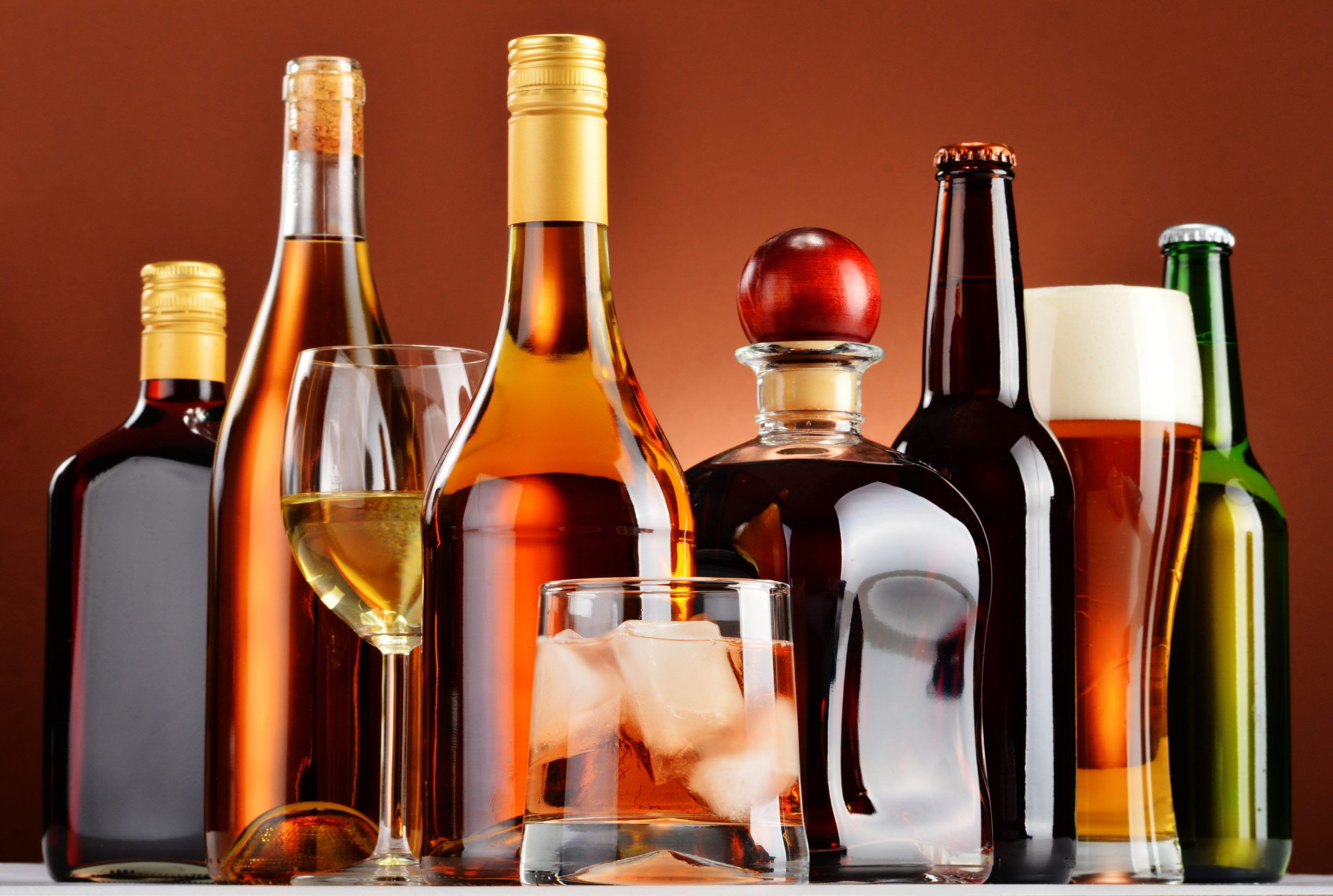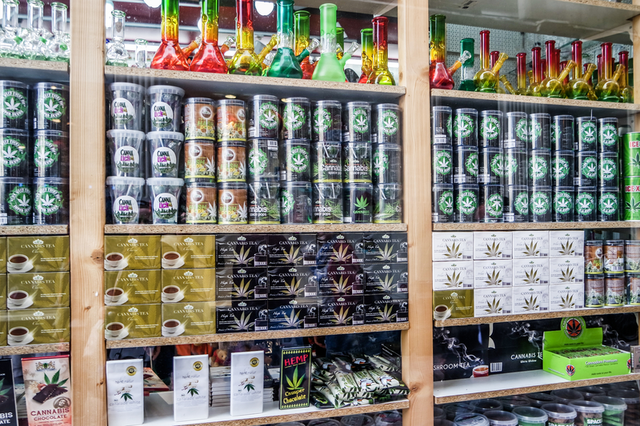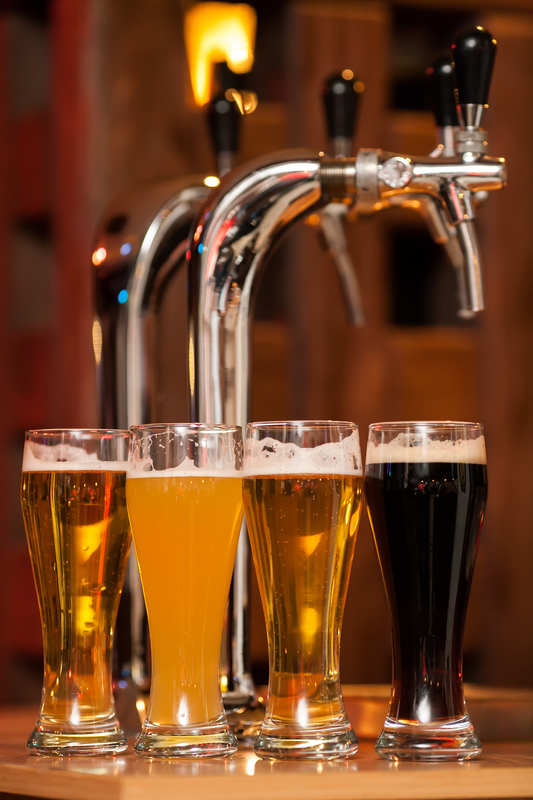The Do’s and Don’ts of Growler Labeling

With growler sales getting more popular in Pennsylvania, we decided to examine the relevant federal and state laws with regard to the refilling of growlers if they do not bear the labeling of your licensed business.
To start, as far as federal regulations are concerned, the Alcohol and Tobacco Tax and Trade Bureau (“TTB”) defines growlers in two different forms, “bottles” and “large glasses.” According to the TTB, a growler is a “bottle” when “the brewer fills the container in advance of sale,” and a “large glass” when “a consumer uses the container to make a purchase and the brewer then fills the container. Consumers may furnish their own growler or may purchase it from the brewer.” The important distinction here is that, with a “large glass” growler, the consumer either brings in an empty growler to fill or the consumer purchases an empty growler and the brewer fills it with their beer. If a brewer is pre-filling a growler for consumption in advance of sale, that would be considered a “bottle.”
With regard to “large glass” growlers, or empty growlers that are brought into or purchased at the brewery or brewpub by the consumer and later filled at the brewpub or other locations not owned by the licensee, those growlers do not need to follow the TTB labeling requirements, such as affixing the “Government Warning” or “Surgeon General’s Warning” as commonly referred, in order for the brewery or brewpub to fill it. This is so because the empty “large glass” growlers are not subject to the federal labeling requirements as prescribed by the TTB.
In contrast, for “bottle” growlers, or pre-filled growlers that a brewery or brewpub fills in advance of sale, the TTP considers these to be subject to the federal labeling regulations, which require the “Government Warning” or “Surgeon General’s Warning” on the label, as well as all other labeling requirements prescribed by the TTB.
However, the TTB notes, since the growler COULD be considered a “bottle” under the above-referenced situation, “we recommend that brewers silkscreen or label their growlers with all of the mandatory label information to avoid potential problems with growlers the brewer might subsequently refill under conditions that we would consider bottling.”
In short, the customer can bring you an entirely blank growler and, as long as it is empty (not pre-filled on premises in advance of sale), it does not need any labeling, as it is not subject to the federal labeling requirements. More specifically, if the consumer brings in an empty growler to be filled, the brewery or brewpub has the ability to fill the growler regardless of whether it meets the federal labeling requirements, including displaying the “Government Warning” or “Surgeon General’s Warning.”
With the TTB regulations taken care of, licensees now must consider the Pennsylvania Liquor Control Board’s (“PLCB”) regulations. In Pennsylvania, a licensee holding a brewery, brewery storage, or brewpub license may not fill a growler for off-premises consumption unless it bears the label of the licensee. In contrast, a licensee with a restaurant license, or a couplet with a restaurant license, may sell beer in growlers for off premises consumption regardless of whether there is a label on the growler or not. And a brewery, brewery storage or brewpub license holder can simply place a sticker over another brewery’s labels to be in compliance with the PLCB regulations. That will not only place you in compliance with the law, but will add a new form of marketing at your point-of-sale.
Ultimately, under the TTB and PLCB regulations, licensees with a restaurant license can fill any growler, as long as it is empty at the point of sale (i.e. not pre-filled), without having to follow any of the TTB labeling requirements. As for licensees with a brewery, brewery storage or brewpub license, the TTB does not require any labeling if the growler is empty at the point of sale, either bought from the licensee without being pre-filled with beer or brought in to the licensee’s business by the consumer. However, as discussed above, the PLCB requires that licensees holding a brewery, brewery storage or brewpub license sell beer for off-premises consumption only if their label is affixed to the growler.
For information regarding national and state liquor law matters or general manufacturing and distribution advice, please contact our Liquor Law, Licensing, Manufacturing, and Distribution Practice Group: Liquor Law Department Chair Theodore J. Zeller III, Esquire (tzeller@norris-law.com); David C. Berger, Esquire (dberger@norris-law.com) for Pennsylvania and New Jersey retail and manufacturing licensing; or contact our offices at 610-391-1800.



